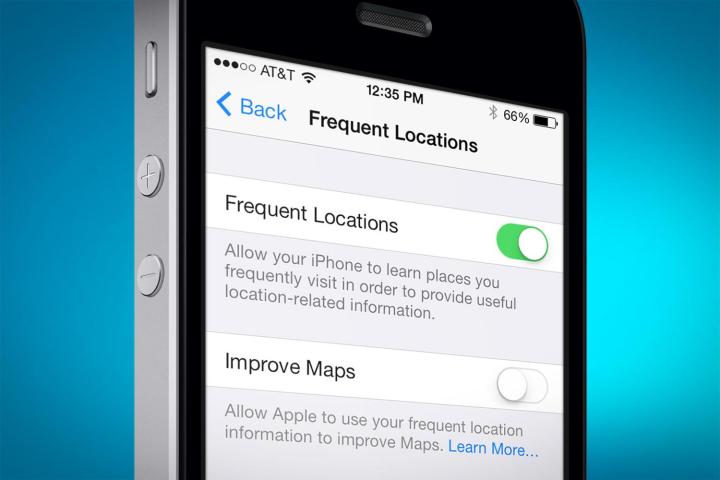
The frequent locations feature tracks and records the time and location of the user to better predict their movements. That way, the Maps app can provide more accurate information to users. The controversial feature upset some iPhone users when it debuted on iOS 7. The Chinese media is concerned that the feature invades users’ privacy and could be used to spy on Chinese officials and citizens.
Ever since Snowden revealed that the U.S. government is spying on China with the help of American tech giants, the country has been on high alert.
The broadcast referenced reports from NSA leaker Edward Snowden, which stated that the U.S. government is spying on China and U.S. tech companies are providing user data to the government. CCT added that U.S. tech firms own a “gold mine” of sensitive information and quoted Chinese officials who are anxious to enact stricter data protection laws to prevent a breach.
CCT also warned Apple that it will have to “take on any legal responsibilities” in the event that spying or illegal data collecting occurs.
Apple stated that while it appreciates CCT’s desire to educate Chinese iPhone users about its products, the news organization’s concerns are unfounded.
“Unlike many companies, our business does not depend on collecting large amounts of personal data about our customers,” Apple said in a statement.
The company then went on to explain how the feature works, its benefits to users, and that iPhone users can turn the location tracking feature off at any point in time.
“Customers have to make the choice to enable Location Services, it is not a default setting,” the company said. “Apple does not allow any app to receive device location information without first receiving the user’s explicit consent through a simple pop-up alert.”
Apple concluded its post with a promise to the Chinese and all of its other customers that “Apple has never worked with any government agency from any country to create a backdoor in any of our products or services. We have also never allowed access to our servers. And we never will. It’s something we feel very strongly about.”
At this point, the Chinese government has not made any moves to pass stronger laws or block Apple products, but it did ban Windows 8 from all of its state computers in May. In the past, CCT reports have inspired the Chinese to increase technology regulation and prompted manufacturers to alter their software to suit the country’s rules.
In the meantime, the Wall Street Journal reports that the Chinese government is pushing ahead with efforts to create a stronger homegrown tech industry. Smartphone manufacturers Huawei, ZTE, and Oppo have come a long way in terms of creating desirable, high-end devices, but according to Umeng’s research, Apple controls 80 percent of the high-end smartphone market in China. China’s attempt to create its own operating system, which is called the China Operating System, have had even less success.
In spite of these set backs, it seems unlikely that China will stop its technology development program any time soon. Ever since Snowden revealed that the U.S. government is spying on China with the help of American tech giants such as Google and Apple, the country has been on high alert.

